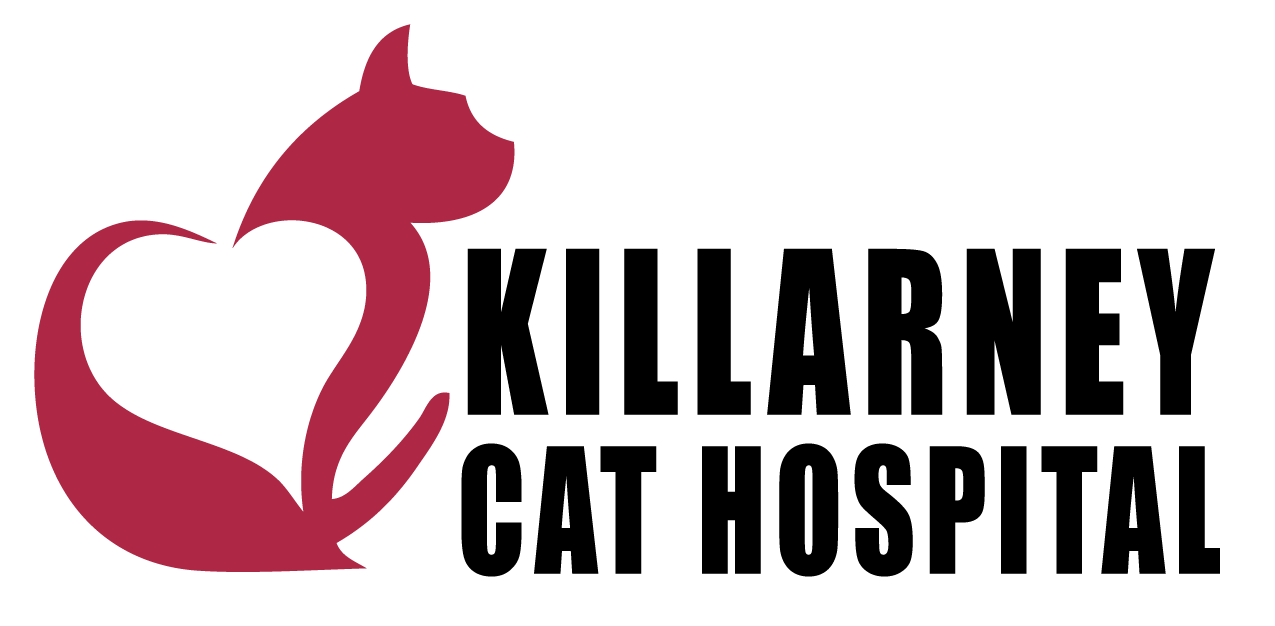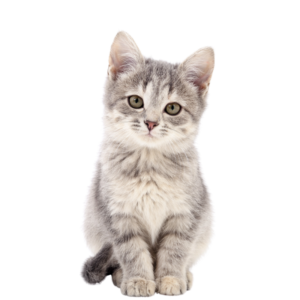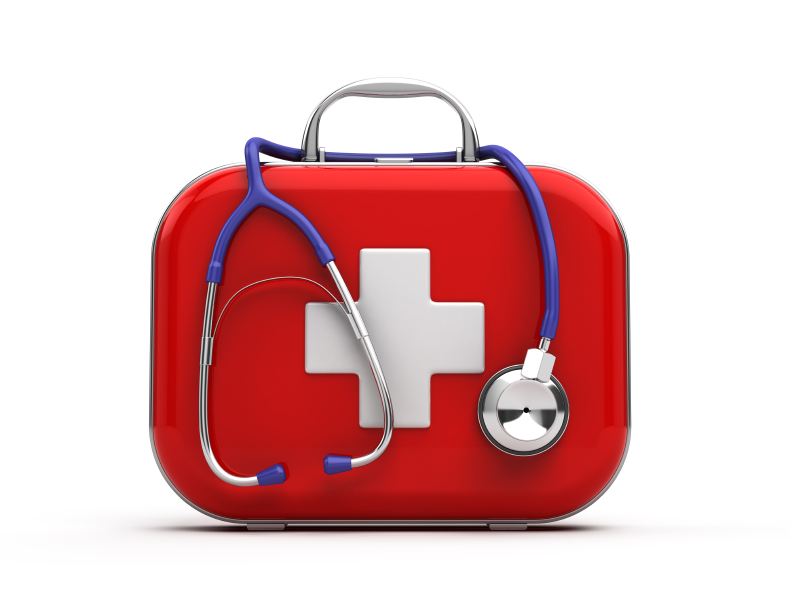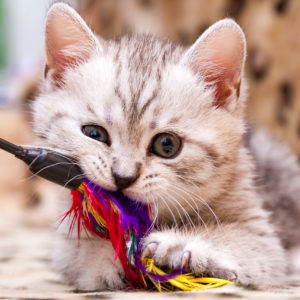The safety and health of your cat is no laughing matter. Although any first aid or emergency methods you may have to perform will not qualify as an alternative to veterinary care, it may save your pet’s life in the meantime. With that in mind, not all conditions your pet may experience will be life threatening.
In the event you notice your cat is ill or acting abnormally, the first step is contacting your veterinary hospital. Doing this may save you an unnecessary trip, and more importantly, inform you on the severity of the issue.
A few indicators that would require immediate attention might include epileptic seizures, fainting or collapsing, snake, spider or insect bites, allergic reactions (such as swelling and redness), eye injuries, as well as any suspected poisoning. Any vomiting or diarrhea is a critical concern especially if it is occurring frequently in a short period of time or abnormally increasing over a longer period of time. Other serious symptoms you will want to watch for are breathing difficulties, liquid discharge from the nose and mouth areas, chronic coughing, and straining to urinate or defecate. These would require an immediate call and visit to your veterinary health care team.
Not all symptoms of illness will be as obvious though. Sometimes your cat can be sick even upon appearance of good health. Crying, hiding, loss of appetite, lethargy, and aggression are all signs that your cat may be in pain and discomfort and should probably seek medical attention. It is vital that you address the situation as soon as it is noticed, as waiting may result in further hindrance.
Generally speaking, any products that are harmful to humans will also be harmful to your pet. Examples include cleaning products, insecticides/rodenticides, and antifreeze.
Many of your everyday food items can also be threatening to your cat, so you may want to reconsider before feeding them your dinner leftovers. Some potentially hazardous foods include coffee, tea, alcohol, onions, grapes/raisins, garlic, chocolate, bread dough, and fatty foods.
In addition to food and household products, many plants and flowers, including lilies, can be highly toxic and result in kidney failure.
Although some over the counter medications may be safe to give to your cat, please be advised that you speak with a veterinary professional before giving anything to your cat. In the event that your cat does ingest something poisonous or toxic, you can contact your regular veterinary health care team, an emergency clinic, or the Animal Poison Control Center hotline (1-888-426-4435: there is a consultation fee).
What to include in a first-aid kit:
- Medical Tape
- Antibiotic Ointment
- Antihistamine (Benadryl)
- Antiseptic
- Blanket/Towel
- Corn starch or styptic powder
- Cotton balls, swabs, and rolls
- Elizabethan Collar
- Hydrogen Peroxide
- Latex Exam Gloves
- Gauze (sterile)
- Isopropyl Alcohol
- Karo/Corn Syrup
- Lubricant (water based)
- Rectal/Ear Thermometer
- Bandage Scissors
- Tweezers
- Vet Wrap
- Hot Water Bottle
Helpful Hints:
A normal temperature for cats is between 37.5-38.5 degrees celsius.
Program your kitty’s veterinary hospital’s phone number into your phone or on your refrigerator for easy and immediate access.
Assemble a first-aid kit or buy a ready-made first-aid kit to ensure you’re prepared for any emergency!
Always remember, we are your first stop here at Killarney Cat Hospital!
Lesa Ewashen, VOA




